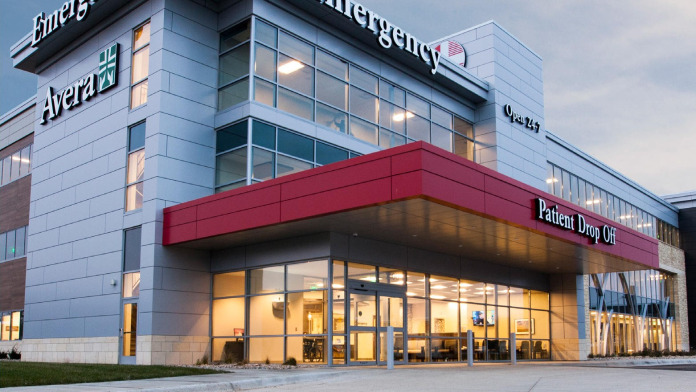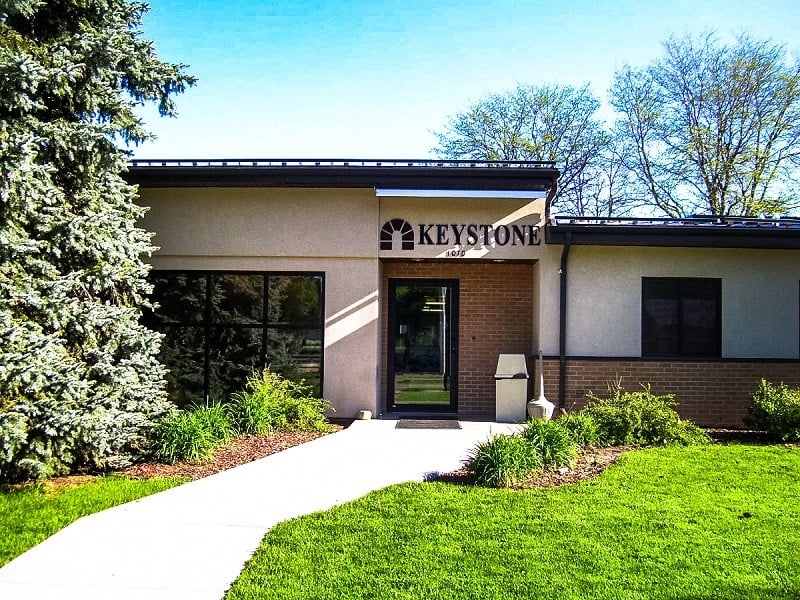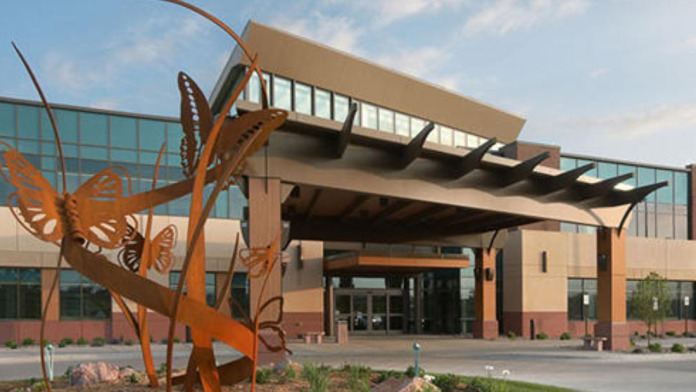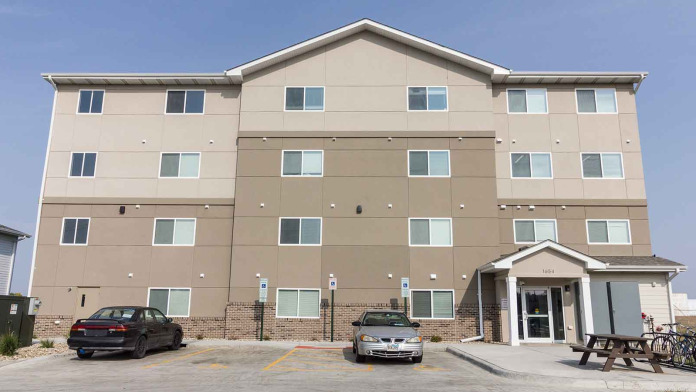They do not know the delicacy of the treatment they do here. They do not understand that it is a delicate matter and not a game
About Keystone Treatment Center – Sioux Falls Outpatient Treatment
They offer intensive outpatient programs (IOPs) for adolescents aged 13 to 17 and adults over 18. This can be a great treatment option if you seek structured care but not the high intensity therapy available in inpatient settings. The program serves people who haven’t received care before and those who have completed a higher level of treatment and need support as they ease back into daily life.
Treatment begins with an initial screening and intake assessment. The care team will gather information about your medical background, past substance use and treatment goals during assessment. If your assessment shows that an IOP is right for you, they’ll create a personalized care plan to guide your recovery and get you started with treatment.
Their recovery approach integrates proven methods like cognitive behavioral therapy and motivational interviews with 12 Step principles. These are incorporated into both group and individual sessions. The therapy group involves educational classes on skills training, relapse prevention and coping strategies. They cover effective communication, relaxation, goal setting and spirituality. In addition the program incorporates daily experiential therapies like recreational activities and arts and crafts.
You can share your feelings and experiences during sessions and receive actionable feedback. Their care team monitors your progress in recovery and may amend your personalized care plan to adapt to your changing needs. The adult IOP is rooted in the 12 Step principles. You’re encouraged to complete Steps 1 to 5 prior to working on Steps 6 to 12. You can expect to attend 12 hours of group sessions weekly broken into three hours daily for four days. Morning and evening sessions are available to enhance flexibility. Optional weekly individual sessions can be added as necessary.
The adolescent IOPs offer more age specific care for youths struggling with substance use and compulsive gambling issues. This ranges from developmentally appropriate care to peer support, family involvement and ongoing care. Clients who are 18 and still in high school are included in this adolescent program. The ongoing care may include referral to support groups and outpatient services in their community. Both adult and adolescent IOPs last between six and eight weeks. This may vary depending on your unique condition.
Other outpatient services are available onsite besides the IOPs. Their intensive methamphetamine treatment helps adults and adolescents dealing with crystal meth addiction. This program involves 32 group sessions. Additional programs are family support services, assessment and alumni programs.
Latest Reviews
Rehab Score
Gallery
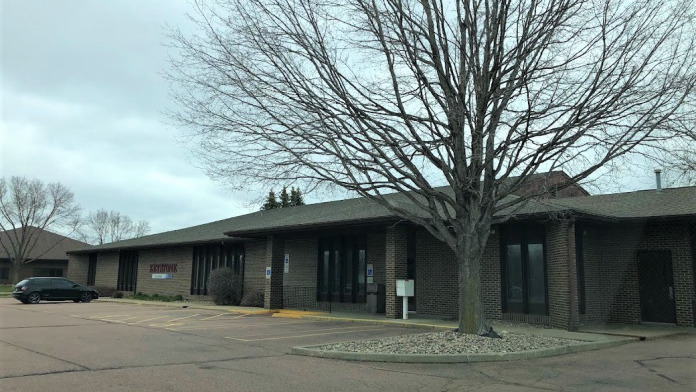
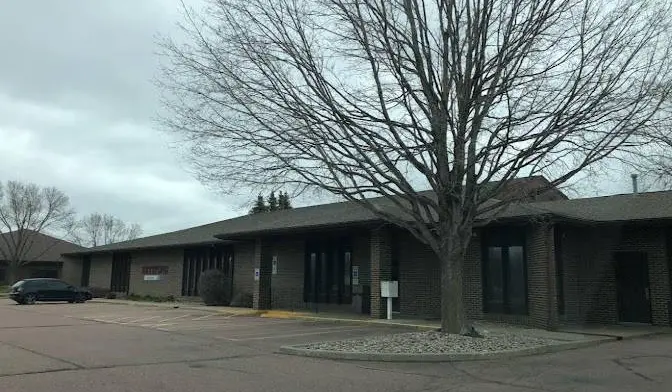
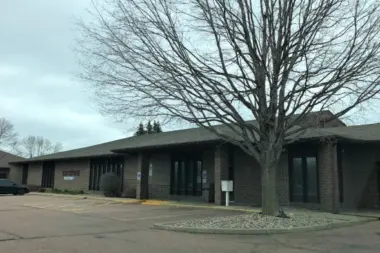
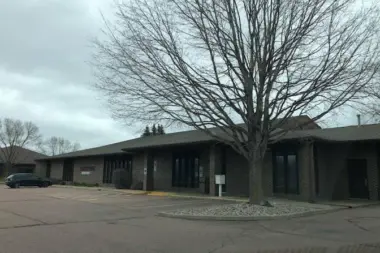
Other Forms of Payment
Private insurance refers to any kind of healthcare coverage that isn't from the state or federal government. This includes individual and family plans offered by an employer or purchased from the Insurance Marketplace. Every plan will have different requirements and out of pocket costs so be sure to get the full details before you start treatment.
Self-pay involves paying for treatment out of your own pocket. You can use savings or credit, get a personal loan, or receive help from family and friends to fund your treatment. If you don't have insurance or your insurance plan doesn't cover a specific program, self-pay can help ensure you still get the care you need.
Financial aid can take many forms. Centers may have grants or scholarships available to clients who meet eligibility requirements. Programs that receive SAMHSA grants may have financial aid available for those who need treatment as well. Grants and scholarships can help you pai for treatment without having to repay.
Military members, veterans, and eligible dependents have access to specific insurance programs that help them get the care they need. TRICARE and VA insurance can help you access low cost or no cost addiction and mental health treatment. Programs that accept military insurance often have targeted treatment focused on the unique challenges military members, veterans, and their families face.
Medicaid is a state based program that helps lower-income individuals and families pay for healthcare. Medicaid covers addiction treatment so those enrolled can use their coverage to pay for rehab. When a program accepts Medicaid the client often pays very little or nothing out of their own pocket.
Medicare is a federal program that provides health insurance for those 65 and older. It also serves people under 65 with chronic and disabling health challenges. To use Medicare for addiction treatment you need to find a program that accepts Medicare and is in network with your plan. Out of pocket costs and preauthorization requirements vary, so always check with your provider.
Addiction Treatments
Levels of Care
Outpatient Programs (OP) are for those seeking mental rehab or drug rehab, but who also stay at home every night. The main difference between outpatient treatment (OP) and intensive outpatient treatment (IOP) lies in the amount of hours the patient spends at the facility. Most of the time an outpatient program is designed for someone who has completed an inpatient stay and is looking to continue their growth in recovery. Outpatient is not meant to be the starting point, it is commonly referred to as aftercare.
Intensive Outpatient Programs (IOP) are for those who want or need a very structured treatment program but who also wish to live at home and continue with certain responsibilities (such as work or school). IOP substance abuse treatment programs vary in duration and intensity, and certain outpatient rehab centers will offer individualized treatment programs.
Rehab aftercare programs provide robust continuing care for clients in outpatient rehab and those who have been discharged from formal treatment. These programs address addiction disease as a chronic condition and recovery as a life-long process requiring ongoing client support. Clients in drug rehab aftercare receive a wide variety of services, often including peer coaching, relapse prevention support, and 12 step program induction. Case managers and care teams typically collaborate on the client's long-term care plan.
12 step programs are designed to address the root causes of addiction and to promote sustained recovery through peer support and personal growth. Participants receive one-on-one mentoring from a self-selected sponsor and engage in regular 12 step meetings, which are free, anonymous, open to the public, and available day and night in most communities. These programs deploy non-denominational spiritual precepts to support participants' self-compassion, personal accountability, and acceptance of that which cannot be changed.
Intervention services help families plan drug interventions in South Dakota. These structured, loving confrontations are designed to encourage the person abusing substances to get crucial treatment. An intervention specialist can facilitate the intervention, educate everyone involved about addiction, and guide the family and individual to appropriate treatment. This can provide a seamless transition into an inpatient rehab program.
A partial hospitalization program (PHP) is a short-term form of intensive rehab, usually for those with acute symptoms that are hard to manage but don’t require 24-hour care. PHPs have structured programming (i.e. individual and/or group therapy), and usually meet 3-5 days a week for around 6 hours (i.e. 9am-3m). Some PHPs are residential (patients sleep on site) and some are not, so patients sleep at home. PHPs can last from 1-6 months, and some offer transportation and meals.
Treatments
The goal of treatment for alcoholism is abstinence. Those with poor social support, poor motivation, or psychiatric disorders tend to relapse within a few years of treatment. For these people, success is measured by longer periods of abstinence, reduced use of alcohol, better health, and improved social functioning. Recovery and Maintenance are usually based on 12 step programs and AA meetings.
Support provided by drug rehab in South Dakota includes social, physical, and emotional aspects. Program participants learn how to meet needs in each of these areas without turning to drugs. The goals of the program are freedom from drug dependency and long-term recovery.
Many of those suffering from addiction also suffer from mental or emotional illnesses like schizophrenia, bipolar disorder, depression, or anxiety disorders. Rehab and other substance abuse facilities treating those with a dual diagnosis or co-occurring disorder administer psychiatric treatment to address the person's mental health issue in addition to drug and alcohol rehabilitation.
A combined mental health and substance abuse rehab has the staff and resources available to handle individuals with both mental health and substance abuse issues. It can be challenging to determine where a specific symptom stems from (a mental health issue or an issue related to substance abuse), so mental health and substance abuse professionals are helpful in detangling symptoms and keeping treatment on track.
Programs
Adult rehab programs include therapies tailored to each client's specific needs, goals, and recovery progress. They are tailored to the specific challenges adult clients may face, including family and work pressures and commitments. From inpatient and residential treatment to various levels of outpatient services, there are many options available. Some facilities also help adults work through co-occurring conditions, like anxiety, that can accompany addiction.
Young adulthood can be an exciting, yet difficult, time of transition. Individuals in their late teens to mid-20s face unique stressors related to school, jobs, families, and social circles, which can lead to a rise in substance use. Rehab centers with dedicated young adult programs will include activities and amenities that cater to this age group, with an emphasis on specialized counseling, peer socialization, and ongoing aftercare.
Clinical Services
The core concepts of cognitive behavioral therapy in South Dakota are that patterns of thoughts and behaviors are linked and that they can be changed. Treatment involves identifying negative patterns and learning how to change them into positive ones.
Dialectical behavior therapy teaches you coping skills and problem solving. You'll learn how to manage your emotions and use your new skills to create healthier patterns of thought and behavior. Treatment typically lasts six months and includes individual and group sessions.
Group therapy is any therapeutic work that happens in a group (not one-on-one). There are a number of different group therapy modalities, including support groups, experiential therapy, psycho-education, and more. Group therapy involves treatment as well as processing interaction between group members.
In individual therapy, a patient meets one-on-one with a trained psychologist or counselor. Therapy is a pivotal part of effective substance abuse treatment, as it often covers root causes of addiction, including challenges faced by the patient in their social, family, and work/school life.
Motivational interviewing involves an exchange of information between the client and therapist. Communication is a two way street that allows the client to explore the possibility of making changes and lets the therapist provide empathy and support. The therapist also guides the conversation to instill language that encourages change.
Research clearly demonstrates that recovery is far more successful and sustainable when loved ones like family members participate in rehab and substance abuse treatment. Genetic factors may be at play when it comes to drug and alcohol addiction, as well as mental health issues. Family dynamics often play a critical role in addiction triggers, and if properly educated, family members can be a strong source of support when it comes to rehabilitation.
Staff & Accreditations
Staff

Josh Merkley
CEO

Nick Welter
CFO

Marsha Nelsen
Medical Director
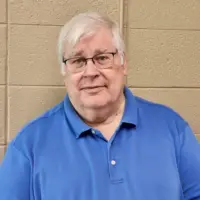
Robert Bogue
Clinical Director
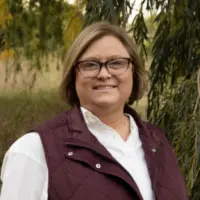
Terri Clark, DNP, RN
Director of Nursing
Accreditations

The Commission on Accreditation of Rehabilitation Facilities (CARF) is a non-profit organization that specifically accredits rehab organizations. Founded in 1966, CARF's, mission is to help service providers like rehab facilities maintain high standards of care.
CARF Accreditation: Yes
Contact Information
3800 South Kiwanis Avenue
Sioux Falls, SD 57105
